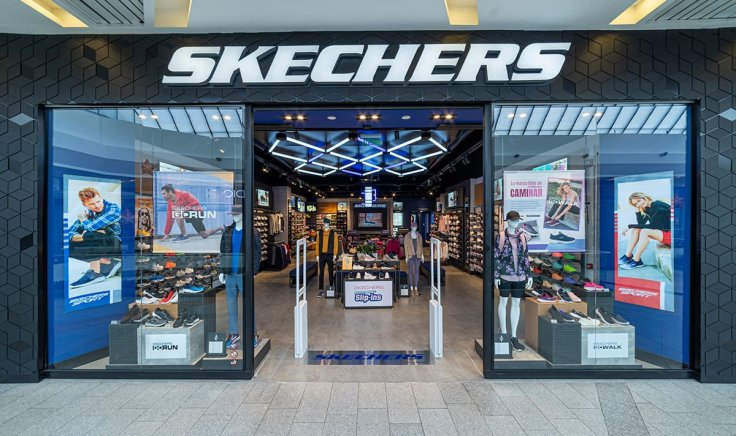Skechers, the well-known U.S. shoe brand, is set to exit the stock market after 26 years. This follows a massive $9.4 billion buyout agreement with investment firm 3G Capital. The decision comes at a time when the company has been struggling with rising costs, mainly due to steep U.S. tariffs on Chinese imports. These tariffs, recently increased, have had a major impact on businesses that rely heavily on goods from China—Skechers being one of them.

Earlier this year, Skechers withdrew its yearly earnings forecast, sending warning signals to investors. The company explained that import duties had made its operations more expensive, especially since a large portion of its products are made in China. As a result, the brand's stock value took a sharp fall. This uncertain business climate, combined with weakening consumer demand, created a perfect storm for change.
Now, with the new deal, each Skechers share will be bought at $63 in cash. That's about 28% more than the share price before the announcement. Following the news, the stock surged over 25% as investors responded positively to the premium offer.
The buyout caught many by surprise. Skechers has long been seen as a family-led business. Founder and CEO Robert Greenberg, who launched the brand in 1992, will stay in charge even after the company goes private. His son, Michael Greenberg, who serves as president, and Chief Operating Officer David Weinberg will also continue in their roles.
The step was believed to be a tool for Skechers to adapt to the new face of global markets without becoming the object of even more constant and unconstrained public pressure. In recent years, the company has tried to achieve more global scale and presence, now with about 5,000 stores in more than 120 countries.
Skechers, which is known for producing inexpensive, comfortable shoes — and has faced growing competition from the likes of Nike and Hoka — has had a loyal fan base.
The company behind the deal, 3G Capital, is known for its presence in food and beverage sector. It is going into new territory in footwear with this acquisition. The firm has a reputation for slashing costs, trimming operations, and focusing on profitability. Some experts see this deal as a temporary one, and say it is possible that Skechers would go back to the public market later on.
The transaction is expected to close in the third quarter of 2025. It will be financed by 3G Capital's funds and additional loans. As the deal progresses, many will watch to see how Skechers adapts to life away from the public eye—and how it prepares for its next chapter.








